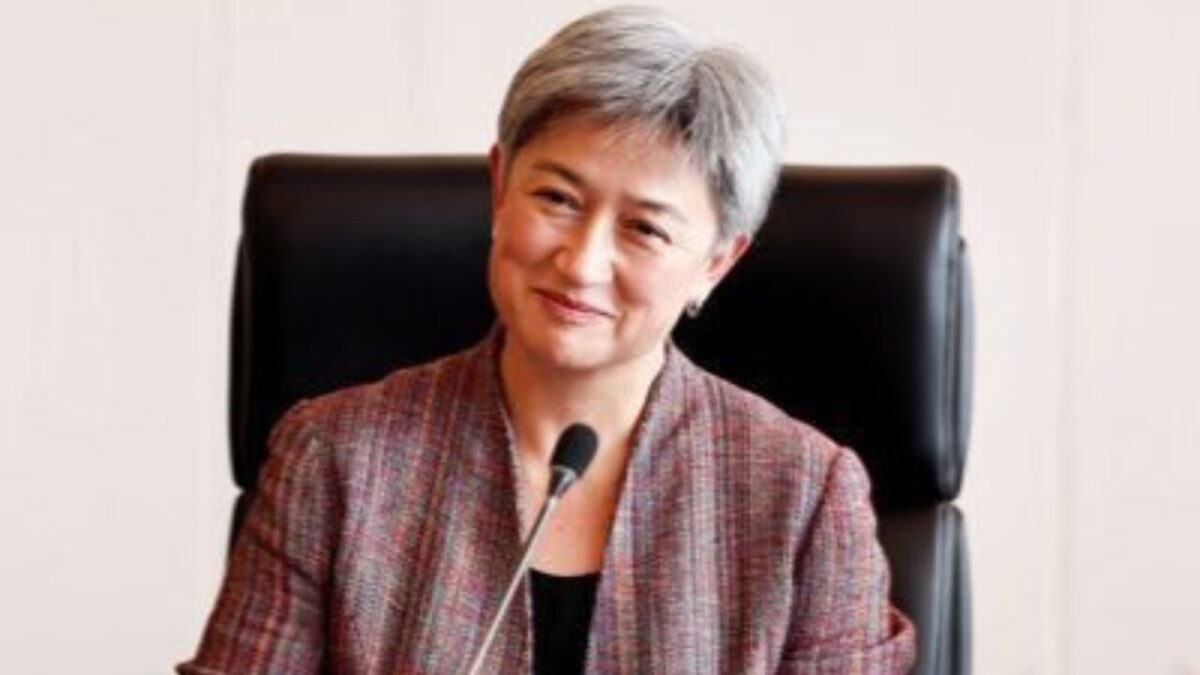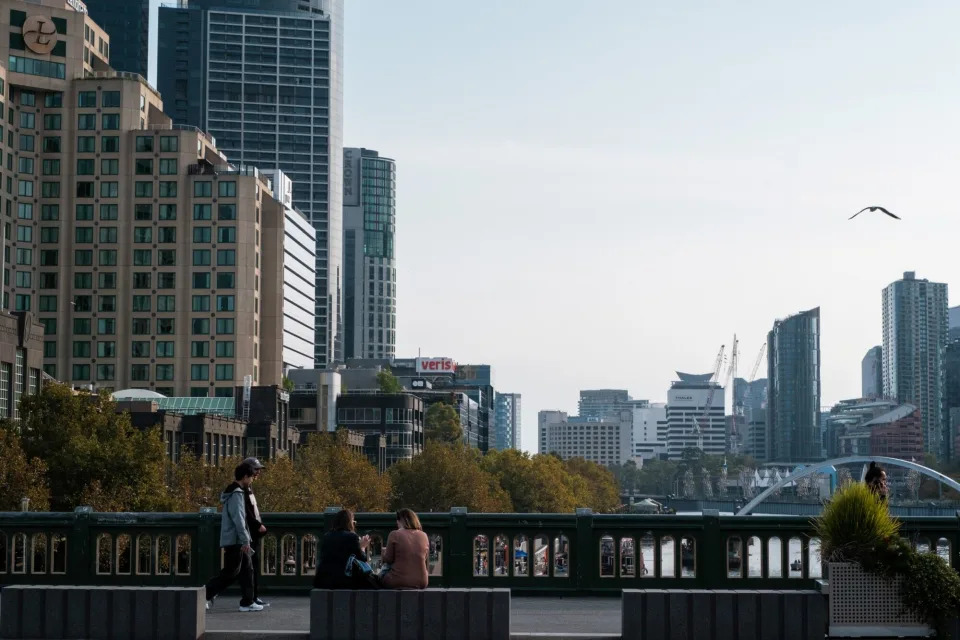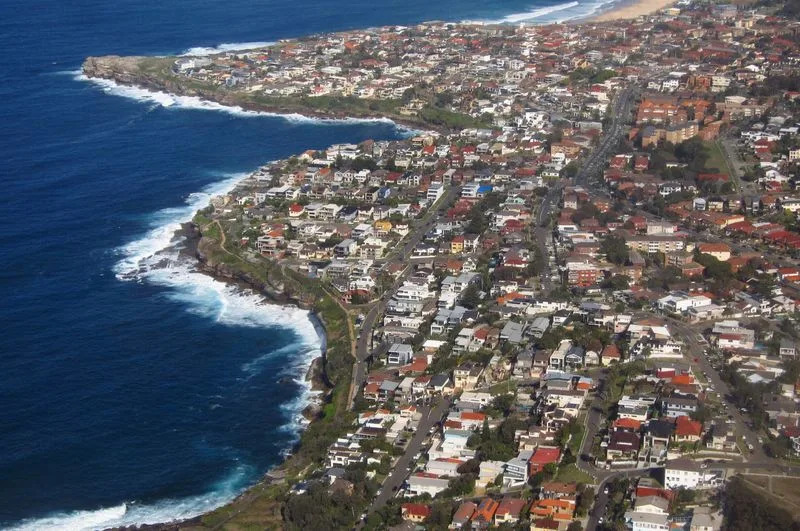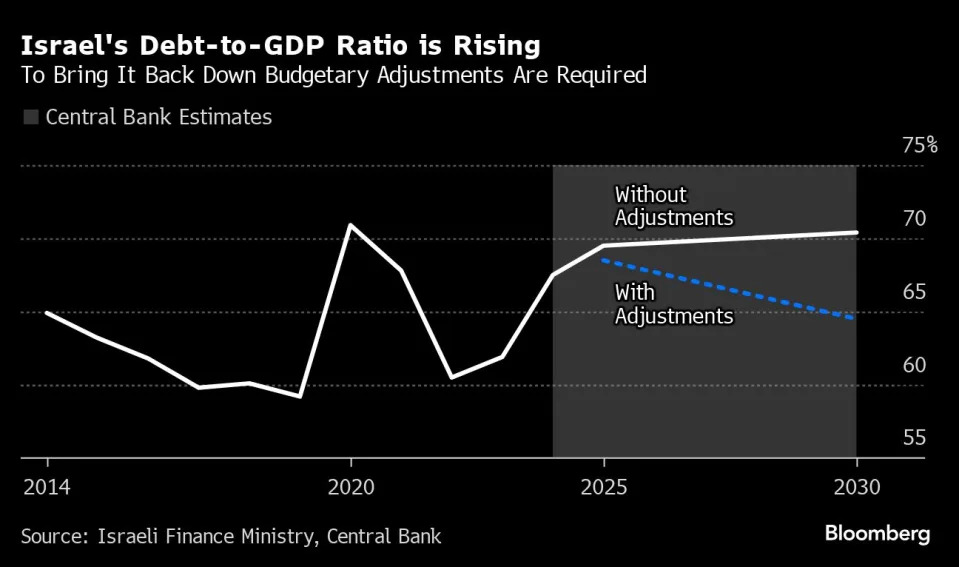Australia condemns Taliban’s moves to silence Afghan women, girls

Australia’s Foreign Minister, Penny Wong, has strongly condemned the Taliban’s efforts to suppress the voices of Afghan women and girls.
In a post on X, Wong criticized the latest decree by the Taliban’s Ministry for the Promotion of Virtue and the Prevention of Vice, which bans women from speaking or showing their faces in public.
“The latest vice and virtue decree bans women’s voices and bare faces in public,” Wong wrote, expressing Australia’s unwavering support for the rights of Afghan women and girls. “We stand together with the women and girls of Afghanistan, and in support of their human rights,” she added.
The new law, which further restricts the freedoms of Afghan women and girls, has sparked widespread condemnation internationally. The United Nations Assistance Mission in Afghanistan (UNAMA) also denounced the Taliban’s newly ratified “Law on the Promotion of Virtue and the Prevention of Vice.” The law, which comprises 35 articles, imposes extensive restrictions on personal conduct and grants morality police broad and arbitrary powers of enforcement.
“This law presents a distressing vision for Afghanistan’s future, where moral inspectors have the discretionary power to threaten and detain individuals based on a broad and often vague list of infractions,” said Roza Otunbayeva, the Special Representative of the Secretary-General and head of UNAMA.
“It extends the already intolerable restrictions on the rights of Afghan women and girls, with even the sound of a female voice outside the home apparently deemed a moral violation,” Otunbayeva added.
UNAMA also warned that the new legislation threatens religious freedoms by failing to acknowledge the diversity of Afghanistan’s religious communities. Additionally, it raises concerns about increased restrictions on journalists and the media, potentially stifling freedom of expression even further in the country.













